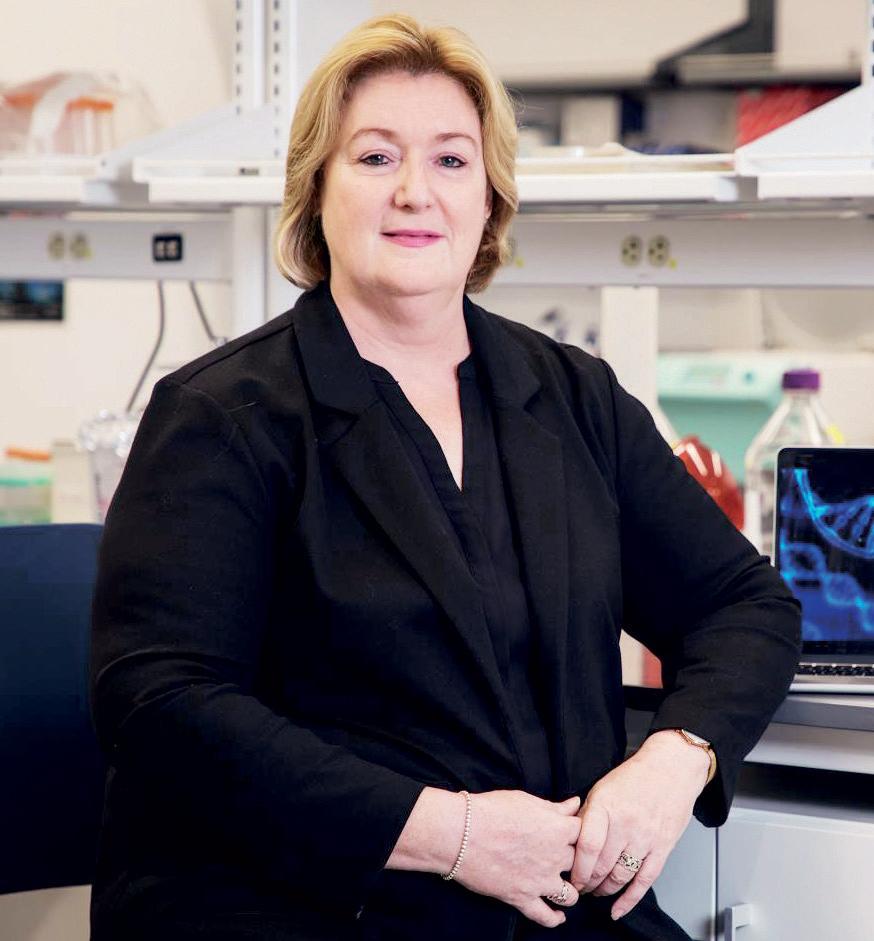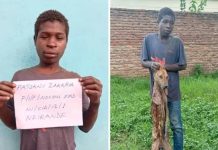Africa-Press – Malawi. The World Health Organisation (WHO) has warned that efforts to control and eliminate malaria are in jeopardy as communities and programmes face the fallout of recent funding cuts.
Since 2000, investments in the global malaria response are said to have prevented more than two billion cases and nearly 13 million deaths.
WHO states that without prompt diagnosis and treatment, malaria, which is preventable and curable, can rapidly escalate to severe illness and death, particularly among young children and pregnant women.
It reports that in 2023 alone, malaria claimed nearly 600,000 lives, with an estimated 95 percent of these deaths occurring in the WHO African Region.
The United Nations health agency warns that the 2025 funding cuts to malaria programmes put millions of additional lives at risk and could reverse decades of progress achieved, in part through longstanding investments from the United States (US) and other global partners.
“Between 2010 and 2023, the US contributed an average of 37 percent of global malaria financing through both bilateral and multilateral channels,” the WHO states.
It adds that the recent experience of the Covid pandemic showed that sudden interruptions to malaria service delivery can be deadly.
“History has shown us what happens if we let down our guard against malaria. In 1969, the global eradication effort was abandoned, triggering a resurgence in cases and deaths.
“It took nearly 30 years for world leaders to come together and restore momentum,” Daniel Ngamije, Director of the WHO Global Malaria Programme, said.
The agency adds that although funding for some US-supported malaria programmes has been reinstated, the disruptions have left critical gaps.
It warns that without the rapid delivery of prevention and treatment services to at-risk populations, the consequences could be fatal.
According to WHO, reductions in funding also threaten to undermine critical investments in scientific innovation, including new and improved preventive, diagnostic and treatment interventions as well as new tools to address drug and insecticide resistance.
“We must not allow funding setbacks to derail the global malaria agenda. We urge all stakeholders to sustain their commitments, safeguard national plans and coordinate adaptation strategies in response to the shifting funding landscape,” Jérôme Salomon, WHO Assistant Director- General, said.
During last week’s expert briefing for the media, hosted by the Johns Hopkins Malaria Research Institute, the institute’s director, Jane Carlton, also indicated that global progress towards eliminating malaria has stalled in recent years.
Carlton, however, said a study had shown a reduction in both mortality and hospitalisation from malaria in Malawi, Kenya and Uganda, which were among the first countries to receive the RTS,S vaccine several years ago.
“As of early December last year, a total of 17 African countries had introduced the vaccine through routine childhood immunisation, with many more committed to rolling out vaccination programmes.
“There is hope for a significant slowdown in malaria transmission, particularly if the vaccine is used alongside other interventions such as seasonal malaria chemoprevention,” she added.
The researcher further urged the leveraging of local resources and expertise in the fight against malaria.
“Numerous research institutions across African countries, as well as university-based initiatives, are actively exploring innovative solutions including the use of local plants with potential anti-larval properties,” she said.
For More News And Analysis About Malawi Follow Africa-Press






